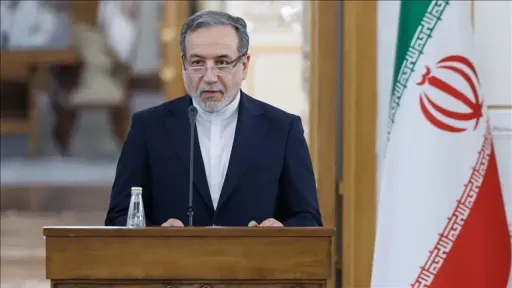A new crisis looms large over Lebanon as managing waste in the absence of a government response is becoming near-impossible, Human Right Watch warns.
A port explosion that killed 212 people and turned large parts of the city into rubble on August 4, has compounded an already existing struggle that caused thousands of people to take to the streets in 2015.
The country has been spending almost 10 times more on its rubbish sector than Jordan and Tunisia, but is still unable to manage its waste, threatening people’s right to health.
However, the crisis could be even more challenging compared to pre-explosion Lebanon.
The blast left the country’s waste management infrastructure vulnerable with two damaged treatment facilities and a vast amount of rubble and debris. One of the two main landfills, the Bourj Hammoud/Jdeideh Landfill is about to reach its maximum capacity and is set to shut down this month.
The cost of rehabilitating the damaged plants would cost about seven million dollars and $56 million is required to upgrade the Costaprava landfill, which is also on the verge of reaching full capacity, according to al Akhbar. Since the blast, al Jadida landfill was receiving 1300 tons of waste instead of 500-800, while Costaprava was receiving 1500 tons instead of 1000, al Akhbar says. The government is, however, not able to provide the funding amid a bankruptcy.
The lack of a sufficient government response raises questions about how the piling of rubbish can be disposed of. In the past, Lebanese people turned to burning piled pavement rubbish when the government closed its Naameh Landfill without an alternative solution. Yet this is proven not to be a sustainable or healthy solution.
“Residents reported health problems including chronic obstructive pulmonary disease, coughing, throat irritation, skin conditions, and asthma. Air pollution from open waste burning has been linked to heart disease and emphysema, and can expose people to carcinogenic compounds,” a 2017 Human Rights Watch investigation found.
“The Lebanese authorities’ lack of effective action to address widespread open burning of waste and a lack of adequate monitoring or information about the health effects violate Lebanon’s obligations under international law,” The 67-page report, “‘As If You’re Inhaling Your Death’: The Health Risks of Burning Waste in Lebanon,” said.
“Open burning of waste is dangerous and avoidable, a consequence of the government’s decades-long failure to manage solid waste in a way that respects environmental and health laws designed to protect people.”
The Lebanese government last month discussed the ongoing waste crisis and according to LBCI, expanding the Bourj Hammoud/Jdeideh landfill was among the proposed measures.




























